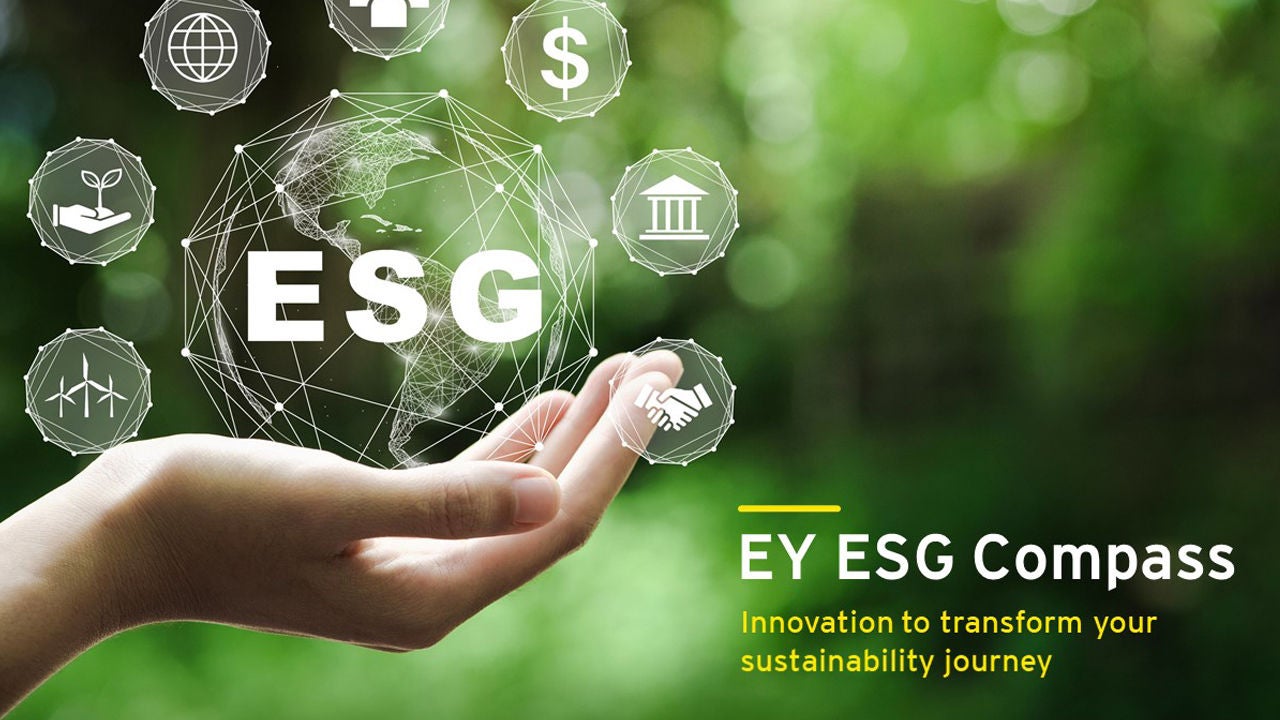EY refers to the global organization, and may refer to one or more, of the member firms of Ernst & Young Global Limited, each of which is a separate legal entity. Ernst & Young Global Limited, a UK company limited by guarantee, does not provide services to clients.
The need for strong governance practices is of paramount importance, especially in today’s times where organizations are riddled with risks and uncertainty. Organizations with strong governance practices, including independent board oversight, transparent decision-making processes, and effective risk management, are more likely to build stakeholder trust and ensure long-term sustainability. As per a recent EY study, 90% of international investors looked for a company’s ESG performance as a key metric for long-term business resilience. It is apparent that ESG compliance has been climbing up the list of priorities on organizations’ board agenda. We are at the confluence of ethics and ESG, and organizations must ensure that their ESG reporting mechanism is a well-oiled machine. ESG, as a part of corporate governance and code of ethics, should be viewed in a cohesive manner, communicating clearly that it is a part of the organization’s proactive business strategies.
Moving to the social factor of ESG, an organisation is considered just as competent and successful as its employees. An organization’s greatest asset is its workforce. Optimum talent management has been a persistent issue with most corporates, as observed in the wake of what has been termed the Great Resignation. Organizations that prioritize employee well-being and make diversity and inclusion an integral part of their firm agenda are likely to have a satisfied and productive workforce.
While a lot is being done to embed ESG into an organization’s underlying infrastructure, the social and governance factors are likely to have higher significance in the years to come as organizations strive to build trust among stakeholders and contribute to a more sustainable and equitable future. With organizations pushing this agenda ahead full steam, I am optimistic the future of business will be defined by strong social and governance practices.
The article was first published on ESG: Shaping businesses of the future (ethisphere.com)







